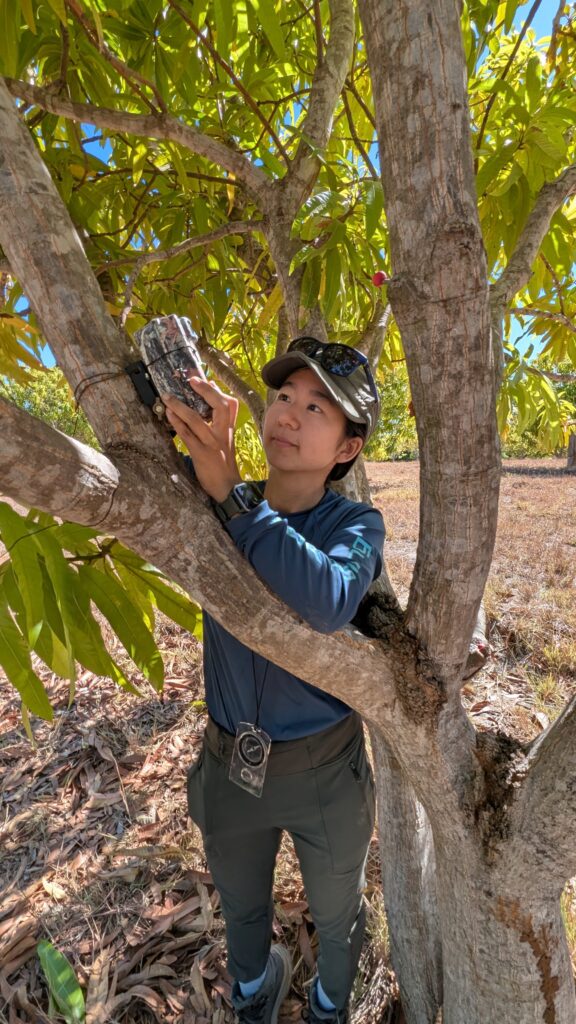Wageningen University and Research
Madagascar is one of the world’s top biodiversity hotspots, yet its ecosystems face growing pressure from anthropogenic activities to meet livelihood needs (Elmqvist et al., 2007; Ralimanana et al., 2002). With one-third of households’ dependent on forests for their livelihoods, forest restoration is essential for sustainable development (IIED & Foniala, 2008). Forests play a critical role in sustaining biodiversity, regulating climate, and providing essential Nature’s Contributions to People (NCPs). To enhance both long-term social and ecological forest restoration effectiveness, solution oriented research is needed to design restoration interventions that equitably deliver multiple locally demanded NCPs (Löfqvist et al., 2023).
This study aims to assess how forest restoration influences forest recovery and ecological function by looking at frugivore density and richness across different forest types and forest characteristics.
This will be assessed through the following research questions:
- How do different forest typologies (humid, dry and transitional) influence frugivore density and richness across restored forest sites?
- How does forest structure influence frugivore density and richness within restored forest sites?
My research will be conducted over 60 days in two regions of Madagascar and will be deploying artificial fruits, together with camera traps, as aproxy of frugivore density and taxa richness.

